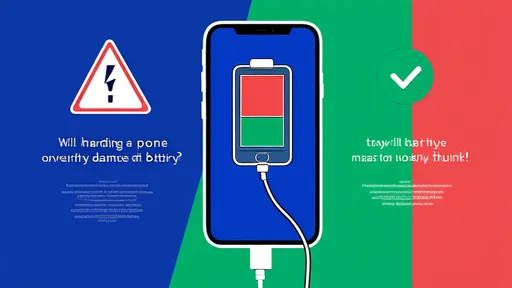The global frenzy over new weight-loss drugs has reached unprecedented levels, with pharmacies struggling to keep these so-called "miracle" medications in stock. From New York to Tokyo, prescriptions for drugs like Ozempic, Wegovy, and Mounjaro are being filled at record rates as millions chase rapid weight loss solutions. However, the medical community is sounding alarms about the dangerous trend of unsupervised use and potential health consequences that could outweigh the benefits for many patients.
What began as specialized diabetes treatments has exploded into a cultural phenomenon, with social media influencers and celebrities casually discussing their use of semaglutide-based medications for cosmetic weight loss. The hashtag #Ozempic has garnered over 1 billion views on TikTok, fueling demand among people who don't meet the clinical criteria for these drugs. Pharmaceutical companies report production bottlenecks as they scramble to meet demand that has quadrupled in some markets since 2022.
Dr. Elena Rodriguez, an endocrinologist at Massachusetts General Hospital, explains the science behind these drugs: "These medications work by mimicking gut hormones that regulate appetite and insulin production. At proper clinical doses, they can be life-changing for patients with obesity-related conditions. But we're seeing people take dangerous shortcuts—splitting doses, buying unregulated versions online, or using them without medical supervision."
The American Medical Association recently issued guidelines about the concerning side effects observed in non-clinical populations using these drugs. Common adverse reactions include severe nausea, vomiting, and diarrhea that can lead to dehydration and electrolyte imbalances. More alarmingly, there's emerging evidence of potential thyroid tumor risks, pancreatitis, and gallbladder issues with long-term use. Perhaps most disturbing is the phenomenon of "Ozempic face"—premature facial aging and sagging caused by rapid fat loss that has sent many users rushing to dermatologists and plastic surgeons.
Insurance companies are grappling with how to handle the surge in off-label prescriptions. While most plans cover these drugs for diabetes management, many are denying coverage for weight loss indications due to the $900-$1,300 monthly cost. This has created a two-tiered system where wealthy patients pay out-of-pocket while lower-income individuals who might benefit most from medical weight management can't access treatment.
The black market for these medications has flourished alongside legitimate channels. Online pharmacies based in Mexico and Canada advertise "no prescription needed" versions, while compounding pharmacies create custom formulations of questionable safety. The FDA has issued multiple warnings about counterfeit products containing unknown substances. In Australia, authorities recently intercepted a shipment of fake Ozempic pens filled with insulin—a potentially deadly substitution for non-diabetic users.
Nutrition experts warn that the drugs don't address the behavioral components of weight management. "Patients are losing muscle mass along with fat because they're not making dietary changes or exercising," notes Dr. Marcus Chen, a sports medicine specialist. "When they eventually stop the medications—as most do due to cost or side effects—the weight comes roaring back, often with additional pounds. This yo-yo effect may be more damaging than never losing weight at all."
Psychologists report an uptick in patients experiencing disordered eating patterns after using the drugs. The powerful appetite suppression can trigger or exacerbate restrictive eating disorders, while others develop anxiety about eating normally after discontinuing medication. Social media platforms are flooded with "Ozempic food diaries" showcasing dangerously low calorie intakes that medical professionals say border on starvation diets.
As the scientific community continues studying these drugs, one thing becomes clear: there are no true shortcuts to sustainable health. The current gold standard remains comprehensive care including nutritional counseling, exercise physiology, behavioral therapy, and—when appropriate—judicious use of medications under close medical supervision. For those considering weight-loss drugs, doctors emphasize the importance of consulting with obesity specialists rather than relying on internet trends or casual recommendations from friends.
The phenomenon raises broader questions about society's obsession with thinness and quick fixes. As pharmaceutical companies develop even more potent weight-loss drugs currently in clinical trials, medical ethicists debate whether we're medicalizing what might otherwise be addressed through systemic changes to food environments, urban design, and stress management. For now, the prescription pad remains mightier than the dinner plate in the battle against obesity—but at what cost to long-term health remains to be seen.

By /Jun 14, 2025

By /Jun 13, 2025

By /Jun 13, 2025

By /Jun 13, 2025

By /Jun 13, 2025

By /Jun 13, 2025

By /Jun 13, 2025

By /Jun 13, 2025

By /Jun 13, 2025

By /Jun 13, 2025

By /Jun 13, 2025

By /Jun 13, 2025

By /Jun 13, 2025

By /Jun 13, 2025

By /Jun 13, 2025

By /Jun 13, 2025

By /Jun 13, 2025

By /Jun 13, 2025

By /Jun 13, 2025

By /Jun 13, 2025